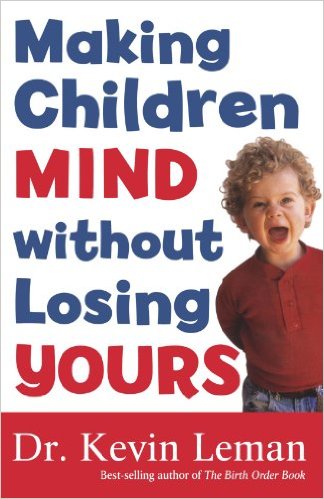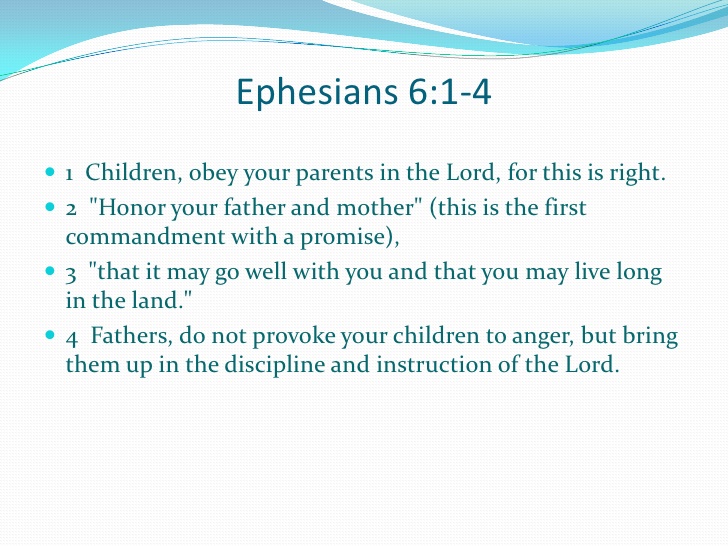Click here to return to Blog Post Intro

1. It’s a Jungle Out There! Grab a Vine
Pay particular attention to the words obey and loving discipline. From a survey of 2,200 teenagers in Christian homes, 79% feel a “lack of love” at home.
Leman argues that “kids are overexposed to activities these days” and urges parents to better manage their activities within the overall context of the family while making sure you’re taking care of yourself and your marriage, so you can be a good parent with great kids!
2. Inconsistency—or How to Raise a Yo-Yo
As children grow up, there should be more & more decisions they make themselves. Home should be a place where kids can make mistakes as they try out some things they have decided on their own.
Discipline should be swift, direct, effective, and as close to violation of the family rule as possible.
3. It’s All in the Eye of the Beholder
A major goal of reality discipline is to help your child think and learn. But you have to understand what reality is—particularly for your child (each is unique). Know that children will always seek attention, in a variety of ways.
In tantrums, remove child from room or house. Children are not interested in using powerful behavior without an audience.
Finally, it’s important for our kids to see us as imperfect, so be honest with them, especially when we make mistakes as parents.
4. Why Reward and Punishment Don’t Work
When it comes to doing things around the home, it’s preferable that the motivation come from within. Once we start paying children for tasks they should be doing because they are in the family, we find ourselves riding a tiger. Give older children less to do around the house. As a child grows older, he/she faces more pressure academically and by extra-curricular activities.
On encouragement, it’s always good to avoid associating a child’s “goodness” with how well he/she does a certain task. As you train up your child with loving discipline, his conscience is developed in such a way that he is more likely to behave properly when you aren’t there. But to train properly, you must use encouragement and discipline, not reward and punishment.
One way to think about Proverbs 22:6 is to “Train up a child in his own way” because all are different.
5. “Pull the Rug Out and Let the Little Buzzards Tumble”
A swat on bottom can be a good disciplinary measure for 2-7 year-olds when he is being absolutely willful & rebellious. The key to spanking is to control your own emotions while telling the child exactly why he was spanked then listen to your child. The key to follow-up is physical contact. Hold the child and explain what you expect in the future.
Spanking is particularly helpful when safety is involved.
There are many everyday choices for the child to make, if we allow him to do so. Once he makes a decision, he doesn’t have the prerogative to change his mind without consequences. If kids don’t eat, throw the food away. Holds them accountable if they choose to be picky or fussy with no snacks, no treats, and nothing at bedtime.
6. Danger—Super Parent at Work!
You don’t make your children mind. By using concepts of reality discipline, you guide your child toward making wise decisions about the realities of life.
Here’s the big Four of Super Parent Syndrome:
- I own my children;
- I am judge & jury;
- My children can’t fail;
- I am boss—what I say goes.
When a child does something wrong, healthy responses are in the forms of the “I” message, which lets the child know the parent is hurt, angry, or concerned. Instead of attacking the child, the parent simply shares feelings & concerns and asks the child to work with him to improve the situation. When I admit my humanness to my children, I am taking advantage of an ideal opportunity to teach them dependence upon the grace of God.
7. The Way to Be Your Child’s Best Friend
By being a disciplinarian, you will be the best friend your child ever had—someone who guides, trains, and teaches another to become more mature, responsible, and successful.
As you use natural or logical consequences, be willing to explain things but don’t go over and over the groundrules and don’t give a lot of warnings, extra chances, and so on. Emphasize order and the need for it. Work before play & chores before dinner. This concept reinforces obedience and emphasizes need for order in God’s kingdom. It effectively communicates, “I love you, but I don’t like what you did.”
May these tips serve Fathers (and Mothers…or anyone who is helping “train a child” well), as you shoot for the stars!


